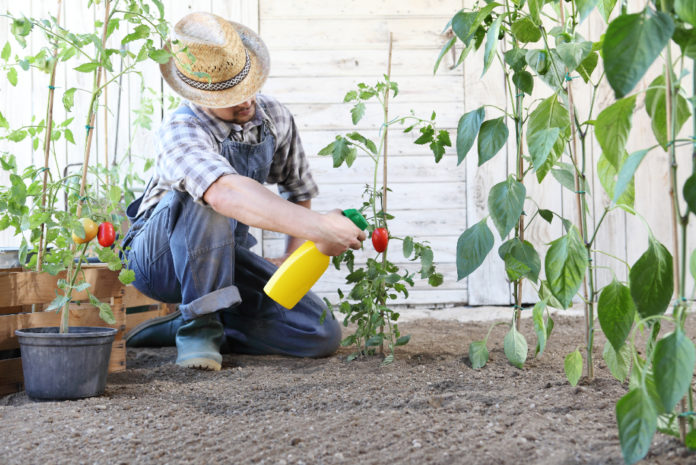Be careful when consuming produce with pesticides
The next time you’re out grocery shopping, you might want to double check that you’re not purchasing any produce with pesticides. Recently, the Environmental Working Group (EWG) published its annual Shopper’s Guide to Pesticides in Produce, which contains two lists that rank the different types of fruits and veggies that have both the highest and the lowest counts of pesticide residue.
Sounds pretty gross right? How harmful is it to consume produce with pesticides? Well the two lists go into further details about this, and they’re named the “Dirty Dozen” and the “Clean Fifteen”.
The EWG Dirty Dozen compiles twelve nonorganic foods that contain the most pesticide residues. The U.S. Department of Agriculture’s (USDA) Pesticide Data Program (PDP) and the Food and Drug Administration’s most current testing samples are analyzed by the EWG. The USDA washes, scrubs, and peels fruits and veggies much like consumers would, then examines them for pesticides to obtain data that is representative of consumers.
Strawberries were on top of the EWG Dirty Dozen list as 99% of samples showed at least one pesticide. The Environmental Working Group also found that bell peppers had more pesticides than before, and spinach also had 1.8 times more pesticides than other crops. Here’s the full list below.
EWG Dirty Dozen
- Strawberries
- Spinach
- Kale
- Nectarines
- Apples
- Grapes
- Bell peppers
- Cherries
- Peaches
- Pears
- Celery
- Tomatoes
Now on the brighter side, below is the Environmental Working Group’s Clean Fifteen list.
- Avocados
- Sweet corn
- Pineapple
- Onions
- Papaya
- Frozen sweet peas
- Asparagus
- Honeydew
- Kiwi
- Cabbage
- Mushrooms
- Cantaloupe
- Mangoes
- Watermelon
- Sweet potatoes
It’s highly encouraged to opt-in for organic produce, as produce with pesticides can be harmful. That said, organic or not, adding more fruit and veggies to diet will always be a plus.
